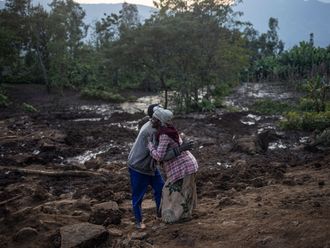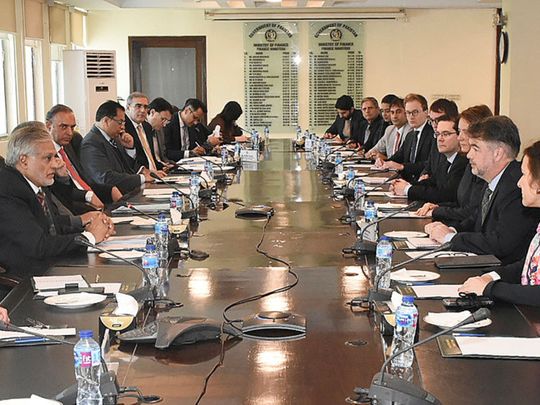
Islamabad: Pakistan’s finance ministry has started discussions with a visiting International Monetary Fund (IMF) mission in Islamabad on Tuesday for the ninth review of the funding programme.
Pakistan is seeking a crucial installment of $1.1 billion from the IMF to support the battered economy.
Finance Minister Ishaq Dar met IMF Pakistan Mission Chief Nathan Porter, and briefed him on the “fiscal and economic reforms and measures being taken by the government in different sectors.”
The IMF delegation is in Islamabad till February 9.
Pakistan’s finance ministry said that the meeting on Tuesday was focused on the “economic and fiscal policies and reforms agenda to accomplish the 9th review under the extended fund facility.” Finance Minister Dar offered “all support to the mission and committed to working together for reaching an agreement” to complete the 9th review and revive the stalled IMF pro-gramme to release the pending $1.1 billion funds. Pakistan entered the $6 billion IMF programme in 2019, which was raised to $7 billion last year.
Measures
Pakistan’s finance minister informed the IMF mission on reforms in various sectors which include “bridging the fiscal gap, exchange rate stability and in the energy sector for the betterment of the economy.”
He also cited the reforms to be introduced in the power sector and measures to tackle circular debt in the gas sector. Pakistan is facing the “mega challenge” of the circular debt in the power and gas sectors. Pakistan’s energy and gas sectors’ outstanding debt (circular debt) has now reached a whopping Rs4 trillion. Circular debt is the chronic shortfall between cash inflows and outflows at the Central Power Purchasing Agency (CPPA). Also, Pakistan’s foreign ex-change reserves are alarmingly low as the country continues to face high inflation, rising interest rates, and currency devaluation.
Tough decisions
Recently, Pakistan has taken tough decisions to comply with all tough conditions set by the IMF and secure the loan. Pakistan’s government raised petroleum prices and devalued the national currency ahead of the arrival of the IMF mission which is expected to push the inflation rate to an all-time high. The government is also considering more gas and power tariff hikes and impos-ing Rs200 billion in new taxes, Pakistani media reported.


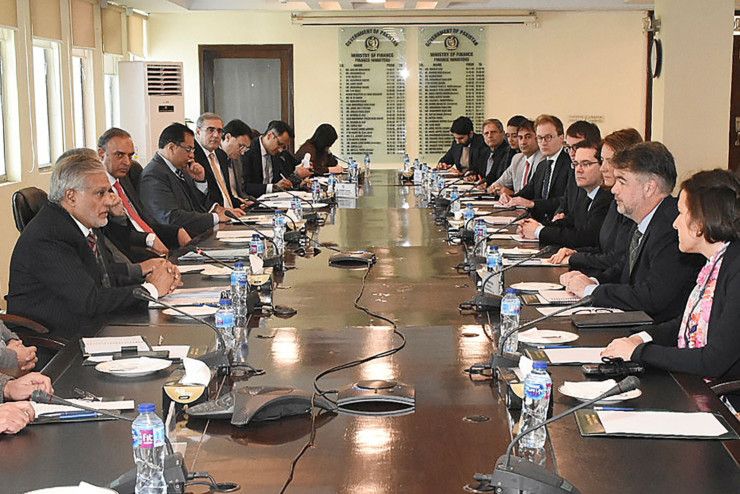


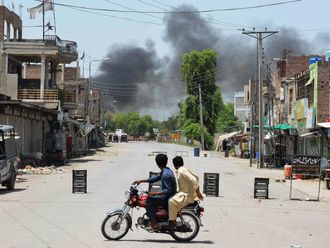
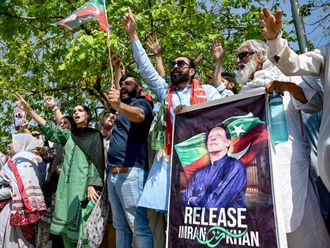
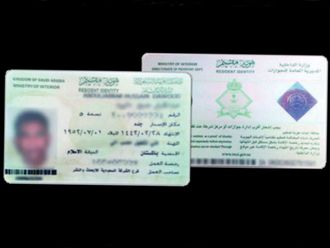


_resources1_16a30b3523c_small.jpg)
